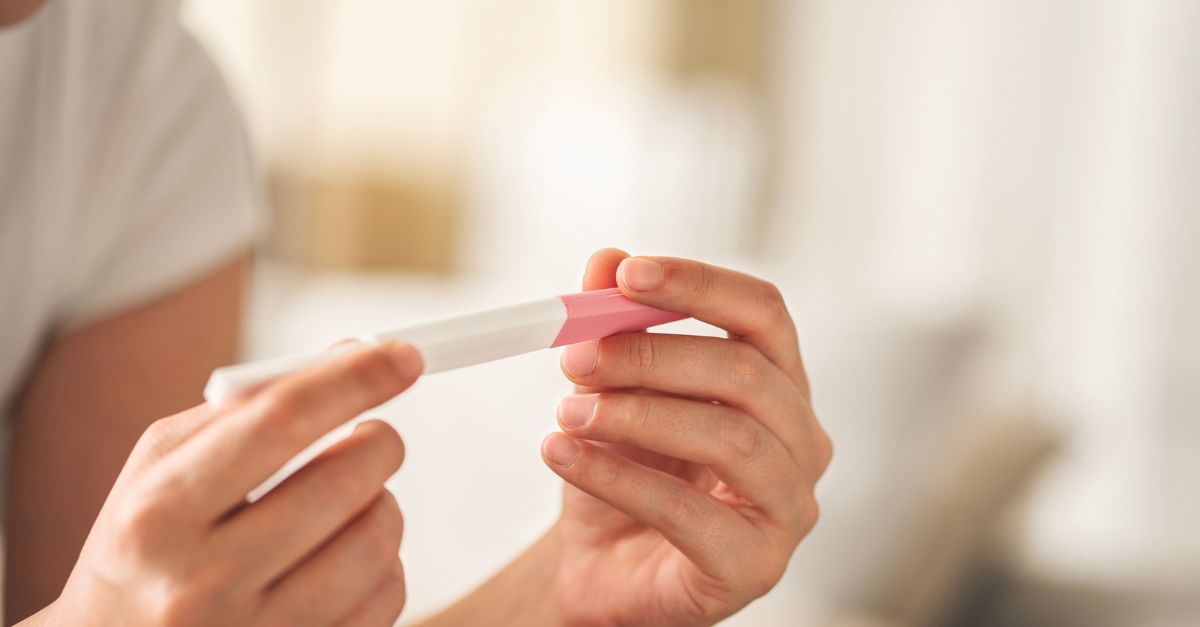Whether it’s a leisurely walk in the park or a heart-pounding HIIT session, movement can do wonders for your body and mind. And while exercise supports your overall health, physical activity benefits each of your body’s specific systems in unique ways. Your gynecologic health is one example, and you may be surprised to discover just how significantly your workouts can affect it.
How Does Exercise Affect the Female Reproductive System?
Healthy Hormones
Regular exercise supports balanced hormones, especially estrogen and progesterone, which are key to regulating your menstrual cycle. Physical activity can also prompt the release of endorphins (your body’s natural “feel-good” chemicals), which may reduce the intensity of period pain and boost your mood.
Improved Insulin Sensitivity
Insulin resistance is linked to conditions like polycystic ovary syndrome (PCOS), which can disrupt your cycle and affect fertility. But there’s good news: Regular exercise can increase your body’s sensitivity to insulin, helping to regulate your blood sugar and hormone levels more efficiently. If you’re managing PCOS, working out could be a powerful tool for alleviating your symptoms.
Consistent Ovulation
“By reducing stress, regulating insulin, and supporting a healthy weight, exercise can also contribute to more predictable menstrual cycles,” says Dr. Karen Greene, physician at Rosa Gynecology. This is especially beneficial if you’re trying to conceive, since consistent ovulation is a key part of fertility.
A Word of Caution: The Risks of Intense Exercise
Even with the compelling perks, there’s one caveat to working out. When it comes to exercise and reproductive health, there is the possibility of too much of a good thing. Specifically, rigorous or prolonged exercise stresses your body and could alter your cycle over time. Up to 25% of professional female athletes miss their periods altogether, a component of the female athlete triad, which includes:
- Inadequate calorie intake
- Menstrual disturbances
- Low bone density
It’s important to note that you don’t have to be a professional athlete to experience these effects. Anyone who over-trains, under-fuels, or both may be at risk, which is why balance is key.
How to Exercise to Support Your Gynecologic Health
Fortunately, most moderate, intentional movement will only benefit your body. Here’s how you can move in a way that supports your reproductive health.
Find an Activity You Enjoy
No gym membership? No problem. Your version of enjoyable exercise might look more like Pilates classes, lunch break laps, or hikes with your dog. Whatever it may be, the goal is to find something that feels good and aligns with your lifestyle.
Tackle Goals Mindfully
Endurance and strength gains are exciting and rewarding but be patient as you push yourself. Avoid overuse injuries like stress fractures, strains, and fatigue by increasing your workload gradually.
Continue to Nourish Yourself
Your body needs fuel to function, especially when it’s being challenged by exercise. Make sure you’re eating enough to support your activity level, including a balance of protein, healthy fats, complex carbs, and hydration.
Keep Track of Your Cycle
Your menstrual cycle can give you monthly insights into your reproductive wellness, so try to keep track of what your body’s telling you. If you notice missed periods or other changes, it could be a sign to scale back — or to check in with your provider for unusual symptoms that don’t go away.
Rest and Recover
While exercise is one of the best things you can do for your health, it also challenges your body. Incorporate rest days into your routine so your muscles, hormones, and nervous system have time to recover.
Schedule an Appointment With Rosa Gynecology Today
Staying active can help keep your reproductive and overall health on track, but there’s no substitute for routine gynecologic care. Whether you’re dealing with a concern or you’re due for an annual exam, our women’s health specialists are here for you. To schedule an appointment, give us a call at 770-487-9604 or see a list of our providers here.




